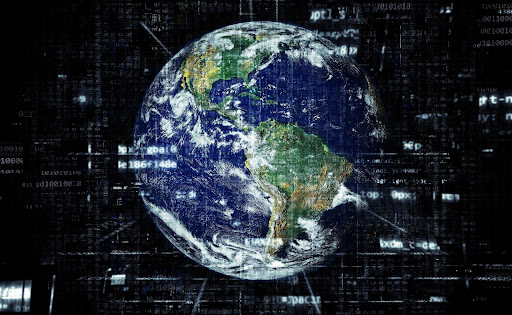
Global prices for food, energy and other commodities have soared this year as countries roll back COVID-19 restrictions, triggering supply shortages. Prices around the world continue to climb and show no sign of slowing down any time soon. Food prices are the highest they’ve been in over a decade, according to a report by the United Nations Food and Agricultural Agency. Higher prices are felt by everyone, but especially hard on impoverished households who were already barely making it paycheck to paycheck.
Inflation Leads to Food Shortages
Farmers have reduced their harvests this year for a myriad of reasons. A recent surge in energy prices is also feeding food price inflation. At the end of last year, the FAO Food Price Index was led by vegetable oils, with prices increasing 9.6 percent. At the same time, cereal prices rose as well, gaining 3.2 percent. Within the cereals category, wheat prices reached their highest level since 2012.
One of the major causes of inflation and shortages of food is the Russian invasion of Ukraine and sanctions enacted by the West in response. Ukraine is a major wheat producer. Russia is also a major grower and world’s largest fertilizer manufacturer, but war will prevent either country from exporting to the world. The Russian Ukraine War also has affected things such as gas prices.
Inflation Affects Gas and Transportation Significantly
Li said “Car and truck rental prices doubled from 2020, while plane tickets are 25 percent more expensive. More vaccinations, relaxed business restrictions, stimulus and record household savings accelerating the price trends. And you also have outside factors, like shortages for workers, chips, and raw materials, exaggerating the price increases.” Overall vehicle consumer inflation soared 7% in 2021, the biggest increase in nearly 40 years, the Labor Department said.

Used car and truck prices shot up 37% last year, with the average used vehicle now costing $29,000, according to Auto Website Edmunds. While prices will fall again eventually, they don’t seem to be anytime soon. “Competition for new vehicles will be fierce as inventory shortages persist in 2022,” said Ivan Drury, senior manager of insights for Edmunds.
Unemployment Causes Inflation To Rise Exponentially
Neil Cavuto with the Fox News show “Your World” says, “ We have not seen a pace like that since 2008, when George W. Bush was president of the United States.” In the same episode, his guest Susan Li said consumer prices were rising the fastest they have in 13 years. She claimed a portion of the rise in prices could be blamed on a portion of the unemployed. “Consumers are spending, because they’re armed with stimulus checks, while shortages of labor and materials made goods even more expensive.”
Now we are seeing unemployment numbers dropping slowly. The drop in unemployment came even as the number of people working or looking for jobs grew by 418,000, pushing the labor force participation rate from 62.3% to 62.4%, highest since March 2020. More people who had been fearful of COVID or caring for children, among others, are returning to a favorable labor market with rising wages. Hopefully the workforce will begin to return to work in larger numbers.
If we were to see a large return to the workforce inflation would likely ease a little, at least in America. The Russian Ukraine war will continue to affect prices world wide as long as it continues and likely for years to come with the damage done in Ukraine. The best way for you to combat inflation is to save what money you can and buy fewer unnecessary items. Do you think there are other causes for the current inflation of global prices? How is inflation affecting you? What are you doing to combat inflation in your daily life?
Written by: Erinn Malloy

